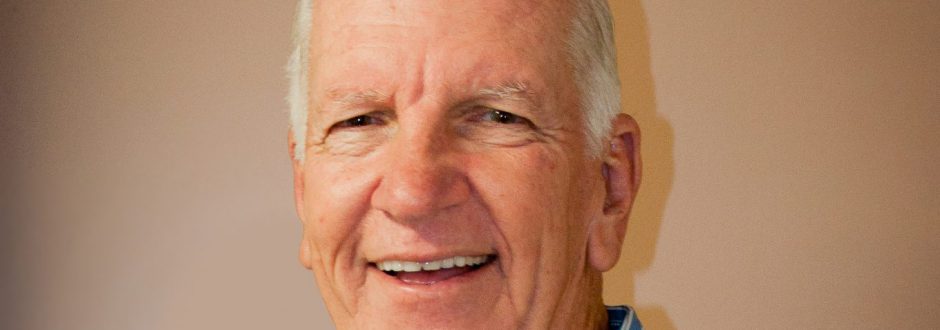Garry Everett offers a fictitious and imaginary account of the new pope’s first speech to the cardinals, in the conclave, immediately after his election. (NB Garry wrote this piece before Pope Francis was elected. He predicted the name that Cardinal Jorge Bergoglio chose!)
BY Garry Everett
Dearly beloved brothers in Christ,
Thank you for the indescribable gift, yet heavy burden, you have placed upon my shoulders.
As Pope Francis I, I ask you all to join me, and set our faces towards Jerusalem as Christ did. Ours is the privilege to continue the journey with the People of God, until we all enter that new and eternal city.
I have chosen the title of Francis I for a number of reasons. Firstly, I wish to signal a new phase for the Church – new wineskins for new wine. Secondly, I want to emulate the simplicity and transparency of Francis of Assisi in the exercise of my Petrine ministry. Thirdly, I wish to place an emphasis on our care for the poor, the marginalised and the powerless in our Church and the world at large. I take as my guiding Scripture, the words of our Divine Master: “Suffer the little ones to come to me”.
Listening to our fraternal deliberations these last few weeks, it has become clear to me, that we must not only continue the work of my predecessors of happy memory, Blessed John Paul II and Benedict XVI. We are also called to effect some changes in the Church, so as to enhance her mission in the world. I will now outline for you four major commitments that will illumine my vision for the future.
1. Blessed John Paul in his encyclical, Ut Unum Sint, called for assistance to help him rethink the exercise of the papacy. I intend to answer that call by establishing a permanent ecumenical council of men and women, lay and ordained, chosen from a diversity of cultures. This council will assist me to read the signs of the times and to respond appropriately. To assist this council, new structures and processes will be established. Such actions will require the dismantling of much of the present curial machinery which has become outmoded. My hope, in the Lord, is to have the new arrangements in place by the end of my first year in office.
2. Benedict XVI exhorted us in his first encyclical, Deus Caritas Est, to place a priority on love – agape and eros. Our world has abundant riches but they are not shared equitably, because we have failed to love. The great commandment to “love one another as I have loved you”, remains our clarion call. The poor of our world often feel as though they are not loved by those who posses most of the fruits of the earth. Indeed, the earth itself reminds us that we are failing to be to it, the stewards we were told to be. As the successor to Peter, I want to help change the balance between those who have and those who need. To this end, I hope, in the Lord, to direct the resources of the Church.
3. The barque of Peter – holy Mother Church – is upon stormy seas. As the apostles sought help from Jesus on the turbulent lake, so we too must seek divine assistance as we struggle in our storms. Our Lord and Master has entrusted to our care the whole world, to be the theatre of our actions. We must not see the world as a problem to be solved, nor an enemy to be defeated. The world is both gift and mystery. We are its caretakers and its recipients. Our immediate task is to transform the Church so that we may honour the world. We look inwards first, so that later we may look outwards with new hope. With this hope, in the Lord, I commit myself humbly and in all sincerity, to develop new pastoral practices in this regard.
4. Finally, my brother Bishops, I commend to you my intention to address in new ways, the processes of inculturation – of helping the Gospel to take root in the different soils of the world. The dialogue between the Gospel and individual cultures is a dynamic that we must promote. This may require less-centralised approaches to evangelisation; the provision of more autonomy for local bishops’ conferences; more flexibility in liturgical and formation services; more respect for how the Spirit is already at work in these cultures. The inculturation dynamic is one of attending, listening, and collaborating. It is not a process of imposition, of inflexible requirements, nor of ignoring local values and norms. There are already many forces arraigned against the flourishing of local cultures. The Church must be a friend and ally of local histories and aspirations.
The four tasks I have outlined today for us and the whole Church, are not meant to be exhaustive examples. However, they are the four pillars on which to build other initiatives. We must build these pillars quickly, yet solidly, and we must seek the help of the People of God to do so. This is my vision, and I ask you all to pray for it to begin well, and to be sustained until it is achieved. Our hope is in the Lord.
(Given in Rome, at St Peter’s on March 31, 2013. Francis PP I)
Please note: This is a fictitious and imaginary account of the new pope’s first speech to the cardinals, in the conclave, immediately after his election. Garry Everett wrote this piece before Pope Francis was elected.
